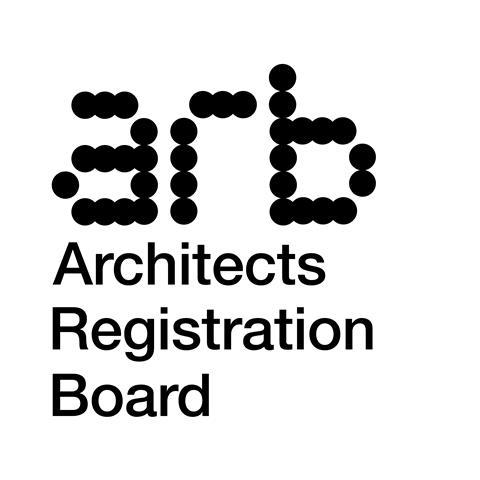John Kirkpatrick of County Down was found to have acted with unacceptable professional conduct
The Architects Registration Board has suspended a Northern Irish architect for one year following a finding of unacceptable professional conduct.
John Kirkpatrick, of County Down, was appointed to carry out site inspections by the developer of a semi-detached house in Belfast.
Architect’s certificates were signed in January 2015 and May 2017, and the final certificate confirmed Kirkpatrick had visited the site at appropriate intervals and would be liable for a period of six years from the date of the certificate.

It was alleged he failed to adequately inspect the site in accordance with the architect’s certificate dated 22 May 2017 and that he acted inappropriately by attempting to enter into a financial settlement with the complainant on condition that she withdraw her complaint from Arb.
At the point of signing the certificate the property was stated to be 100% complete. The professional conduct committee (PCC) was satisfied that if adequate inspections had been carried out it would have been obvious to him that the roof was not correctly ventilated and there was an absence of vent tiles.
It was also alleged that he failed to co-operate fully and promptly with Arb during its investigation into the complaint against him.
Kirkpatrick did not attend the hearing and was not legally represented. In his written submissions, he maintained that he had trusted the developer to resolve the issues, although that relationship had now broken down.
He also outlined his personal circumstances, which had prevented him from dealing with the matter fully, and expressed some regret for the issues that had arisen.
On 25 September Kilpatrick emailed Arb requesting that the hearing, which took place on 28 September, be postponed.
He said: ”Please assist in bringing this case to a conclusion and if it is possible, please postpone the hearing on Monday. If things proceed I am willing to accept the appropriate sanction.”
The committee noted that although the respondent set out some mitigating circumstances he did not expressly explain why he was seeking an adjournment and, if allowed, when he would be able to attend and participate.
The Arb said: ”The respondent had not provided any reason why he was unable to participate other than his unwillingness to involve his wife.
”The committee did not consider this was a valid reason to adjourn matters and there was no realistic prospect that the respondent would engage with any adjourned hearing.”
The PCC found the allegations proven and agreed the failings were serious enough to amount to unacceptable professional conduct.
When determining the sanction the PCC took into account that Kirkpatrick had no previous adverse regulatory history and his unblemished career spanning 45 years. It also recognised that he had experienced some personal difficulties which had impacted on his ability to respond to the matters.
Despite this the PCC said Kirkpatrick’s failings represented a pattern of poor conduct over an extended period of time rather than an isolated incident, and that those failings had resulted in a significant impact on his clients.
It found he also failed to provide any evidence of remorse or real insight into the seriousness of his failings or engage meaningfully with the disciplinary process.
It therefore decided a one-year suspension order should be imposed in order to uphold proper professional standards and the reputation of the profession.















